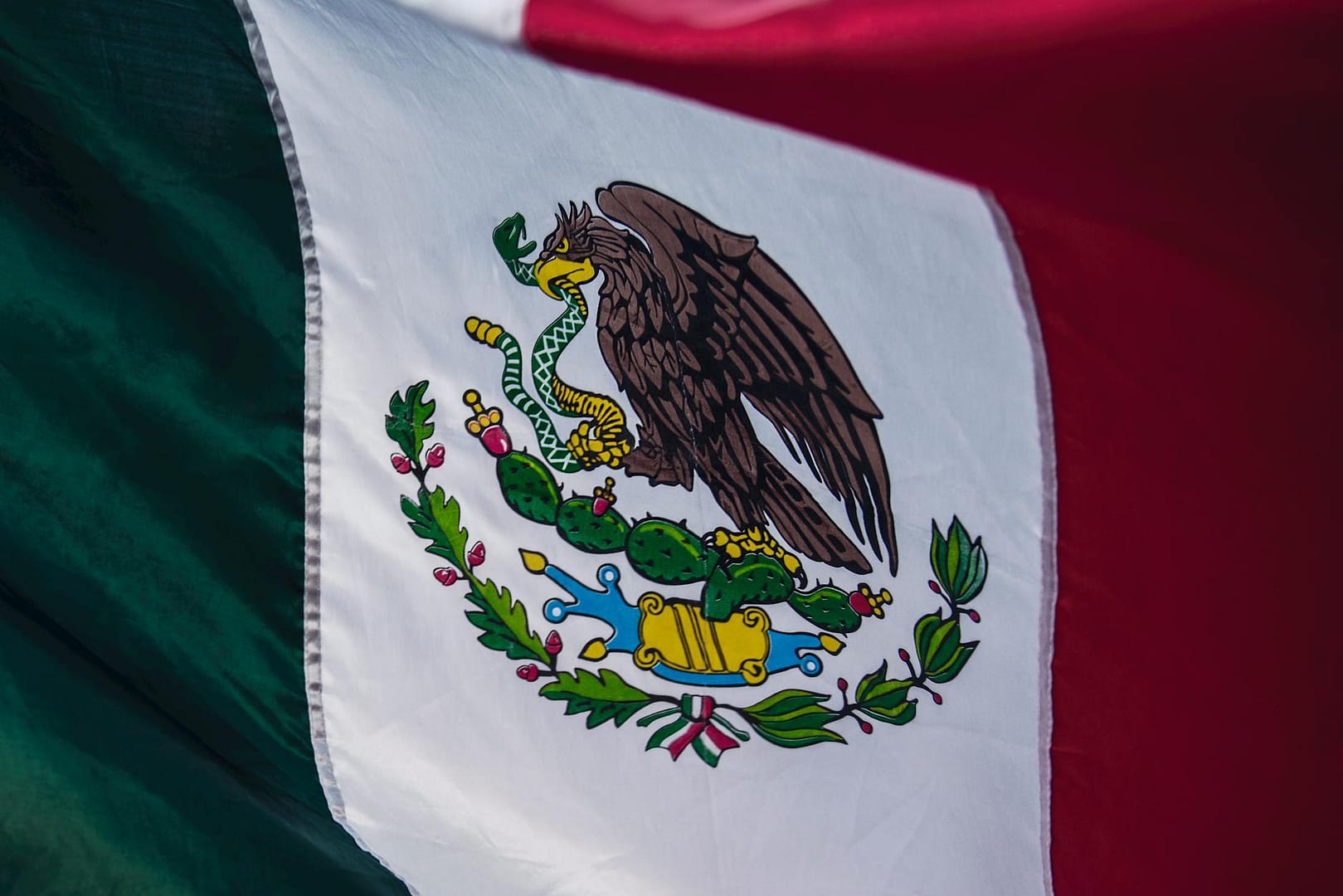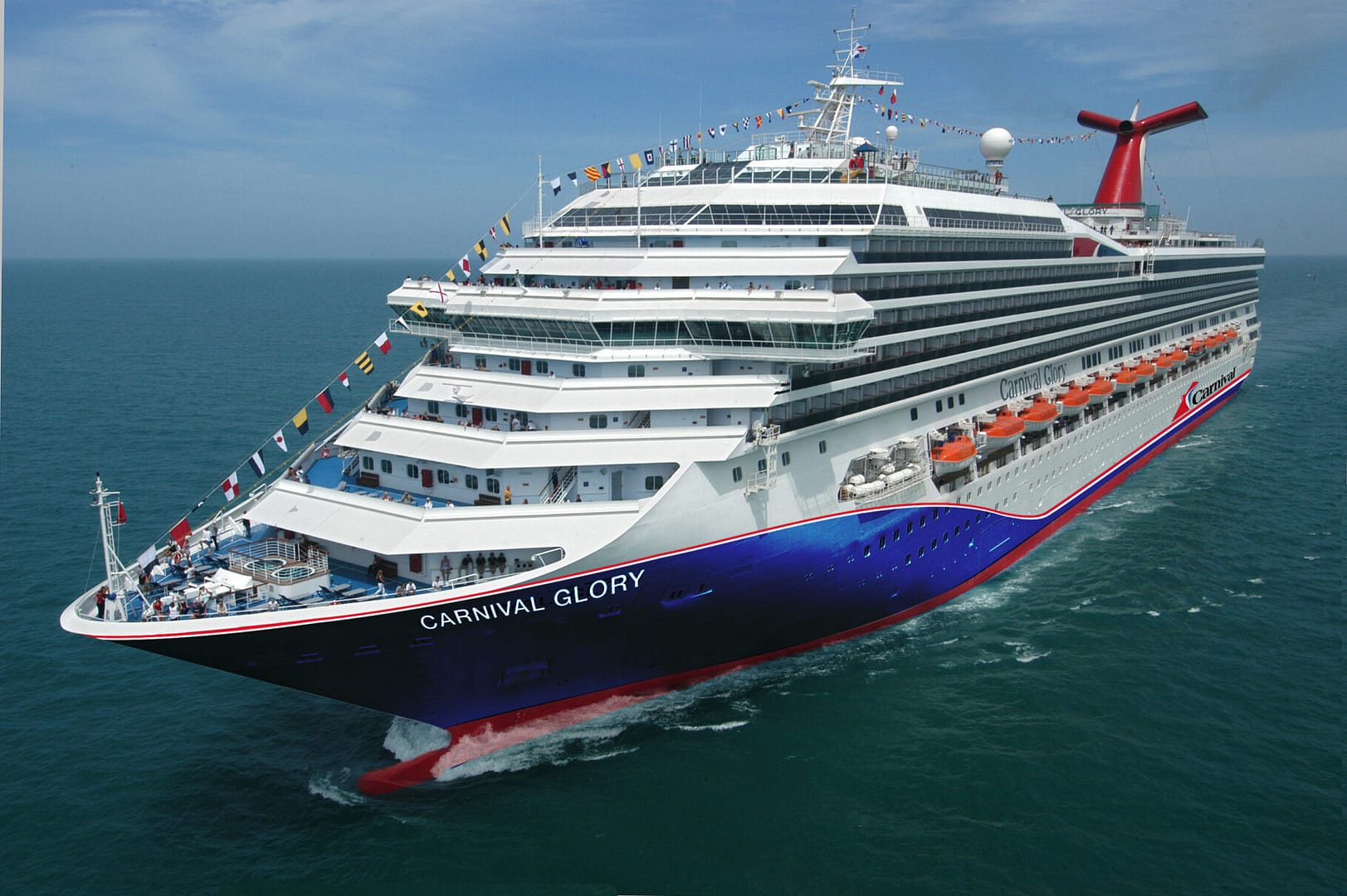Mexico Approves a $42 per Passenger Cruise Tax
The cruise industry is facing a storm of controversy after Mexico passed a new tax that will charge cruise passengers a hefty $42 per person for port calls starting in 2025. This tax, which will be one of the highest in the world, has caused widespread concern among cruise operators and local businesses who fear it could make Mexican ports uncompetitive. While the Mexican government hopes to generate funds for infrastructure projects, including railways and oil refineries, critics argue that the real cost of the tax will be borne by local economies and cruise tourists.
What Is the New $42 Cruise Tax and Why Is It Being Imposed?
The new tax, which was originally set to take effect on January 1, 2025, will charge $42 (about 860 Mexican pesos) for every passenger visiting a Mexican port. While the tax has been postponed until mid-summer 2025 following industry pushback, the $42 fee is still a looming reality. This amount is more than triple the average port fees charged in the Caribbean, according to the Florida-Caribbean Cruise Association (FCCA).
The fee is set to apply to all passengers, regardless of whether they disembark the ship, making it particularly burdensome for passengers who are simply passing through. Mexico’s government has stated that the revenue generated by the tax will help fund major national infrastructure projects, such as railways and oil refineries—some of which are being constructed by the Mexican Army. This has led to concerns that the tax is less about tourism and more about political funding.
How Will This Tax Affect Cruise Tourism in Mexico?
Industry experts are warning that the $42 per passenger tax could have serious consequences for the cruise tourism sector. According to the FCCA, the tax will make Mexican ports significantly more expensive compared to other cruise destinations. The Caribbean, for example, charges an average of $13 per passenger, meaning Mexico’s new fee will be 213% higher than the industry norm.
This increase in costs could drive cruise lines to reroute ships away from Mexican ports in favor of more affordable destinations. The Mexican Association of Shipping Agents has warned that the tax could lead to a reduction of up to 10 million cruise passengers and over 3,300 ship calls in 2025 alone, which would devastate the local economies of Mexican port cities. Thousands of small businesses that rely on cruise tourism—such as local shops, tour operators, and vendors—could be hit hard.
What Do Local Businesses and Industry Leaders Think?
The reaction from local businesses and cruise industry leaders has been one of alarm. Octavio de la Torre, president of Mexico’s National Confederation of Chambers of Commerce, Services and Tourism, voiced strong opposition to the tax, urging lawmakers to reconsider the measure. De la Torre argued that the new fee would disproportionately impact merchants and businesses that depend on cruise tourism.
The Florida-Caribbean Cruise Association has also expressed concern, calling the tax “devastating” for Mexico’s tourism industry. “This tax will deter visitors, alter cruise itineraries, and create economic ripple effects in communities that heavily rely on cruise tourism,” the FCCA stated in a press release. The group also emphasized that the tax could harm Mexico’s reputation as a cruise destination, which could have long-term economic consequences.
The Potential Benefits for Mexico’s Government
While the new cruise tax has sparked widespread criticism, the Mexican government argues that the revenue generated from the measure will help fund essential infrastructure projects that are critical to the country’s economic growth. These projects, which include railways and oil refineries, are part of the government’s broader strategy to invest in national development. Some of these projects are being funded and built by the Mexican Army, which has raised eyebrows and prompted questions about the allocation of funds.
Despite the backlash from the cruise industry, the government remains firm in its stance, viewing the tax as an opportunity to diversify the country’s revenue streams. However, critics contend that relying on a tax that could harm tourism may be a short-sighted approach that could have unintended economic consequences down the line.
Is Mexico Making a Huge Mistake?
The introduction of a $42 cruise passenger tax in Mexico has the potential to significantly impact both the cruise industry and the local economies of coastal communities. While the Mexican government argues that the tax is necessary to fund important infrastructure projects, critics warn that it could drive cruise lines away from Mexican ports, leading to job losses and economic instability in popular tourist destinations.
As the implementation of the tax is postponed until July 1, 2025, the debate is far from over. For now, cruisers and businesses alike will be watching closely to see how this situation unfolds.







